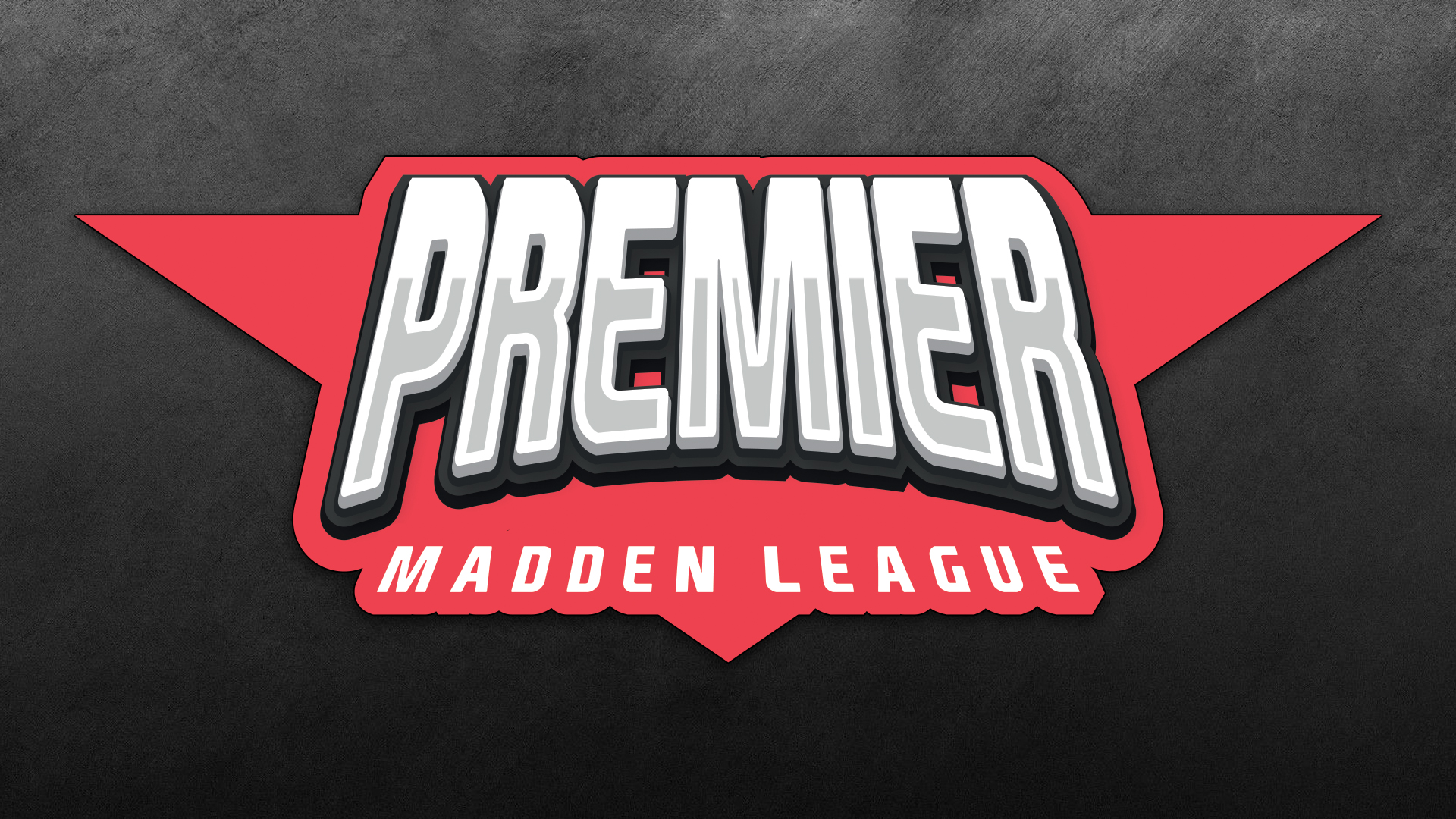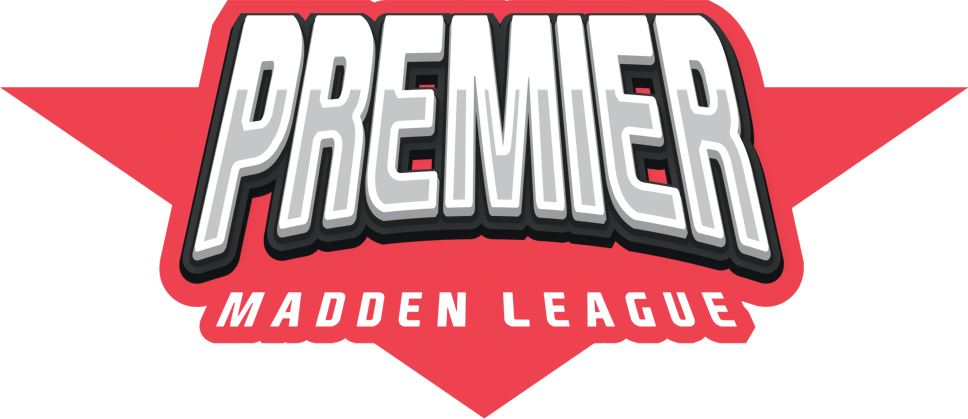Can you talk about the development of Boubacar Traore so far?
Boubacar Traore’s development has been one of the more exciting stories this season. As a rookie defensive end, he’s had to step into a bigger role with some of the injuries we’ve faced along the defensive line, and he’s shown a lot of promise. He’s still in the process of adjusting to the speed and complexity of the PML game, but you can see the raw talent that made him a first-round pick. Boubacar has a tremendous blend of size, athleticism, and power that gives him a high ceiling. He’s getting more reps as the season progresses, and we’re expecting him to make a bigger impact in the second half of the year.
We knew from the start that Boubacar needed some time to develop in our system, and he’s been working hard to absorb everything he’s been taught. Defensively, it’s a learning curve, especially for young guys on the line, but we’ve seen growth in his game every week. He’s learning to read offenses, adjust his techniques, and use his physical tools more effectively. As he continues to gain more experience, we believe he’s going to become a key player for us in the second half of the season. We’ve got high expectations for him moving forward, and we’re confident that as he gains more comfort and confidence in our system, he’ll be able to contribute in a significant way. The future is bright for Boubacar, and we’re excited to see how his development continues to unfold.
Over your career, what makes a team better at not turning the ball over as the season goes along? What kind of things you need to emphasize? How much of it is coaching? How much of it is a mental part? Physical part?
Over my career, the key to reducing turnovers as the season progresses is a combination of discipline, awareness, and execution, both from a coaching and player perspective. As the season wears on, teams that are consistently good at protecting the ball are the ones that emphasize the mental side of the game. We always preach making the smart play, not trying to do too much on every single snap. It’s easy to get caught up in trying to make a highlight-reel play, but those are the moments when turnovers happen. We focus on simplifying the game, sticking to our game plan, and taking what the defense gives us. Every play doesn’t need to be a home run; sometimes the best decision is taking what’s available, keeping the ball in our hands, and trusting our system.
From a coaching standpoint, it’s about instilling that mindset in our players from the beginning. We emphasize ball security every week, focusing on the fundamentals – whether it’s holding the ball properly in traffic, protecting the ball during runs, or being smart in the passing game. It’s about teaching players to be aware of their surroundings at all times, recognizing when to push the ball downfield and when to check it down for a manageable gain. Mental discipline is huge; our guys need to have the confidence to make plays but also the awareness to know when to make those plays. It’s a balance between being aggressive and being smart, and as coaches, we help our guys find that sweet spot.
Physically, it comes down to execution. We work on the basics – making sure our quarterbacks are making the right reads, our receivers are securing the ball after the catch, and our running backs are holding onto the ball through contact. There’s a physical component to it too, especially when it comes to controlling the ball during contact and protecting it from defenders. The more we work on these fundamentals, the more our players are able to make the right decisions when they’re on the field. At the end of the day, it’s about minimizing risk while still allowing players to play freely and confidently. The combination of mental focus, discipline, and physical execution is what ultimately helps reduce turnovers and puts us in a better position to win games.
How quickly can you tell if a young player is a football player if he thinks about it because it seems like at the Combine they’re all saying the right thing and it’s the job. How quickly does it take?
At the Combine, every player is going to tell you the right things. They know what’s expected of them – they know the drills, they know the terminology, and they know how to talk the talk. But what separates the good from the great is how they handle the grind once they get into the building. It’s about how quickly they adjust to the speed of the game, how they react to coaching, and how they handle adversity.
You can usually tell pretty early on if a young player is a football player, not just by what they say, but by how they approach the work. The first time they get hit with real NFL speed, how do they respond? When they make a mistake, are they quick to bounce back and learn from it, or do they get frustrated and shut down? When the playbook gets tough, do they dig in and study, or do they start looking for shortcuts? It’s that combination of mental toughness, work ethic, and the ability to learn on the fly that really shows you what they’re made of.
For me, the first few weeks of camp or offseason programs are crucial. That’s when I get a good feel for a player’s mindset. You can see how they carry themselves, how they respond to coaching, and how quickly they grasp the nuances of the game. A true football player doesn’t just show up and say the right things—they show it through their work, their attitude, and how they compete day in and day out. That’s when you know you have someone who’s built for this game.


